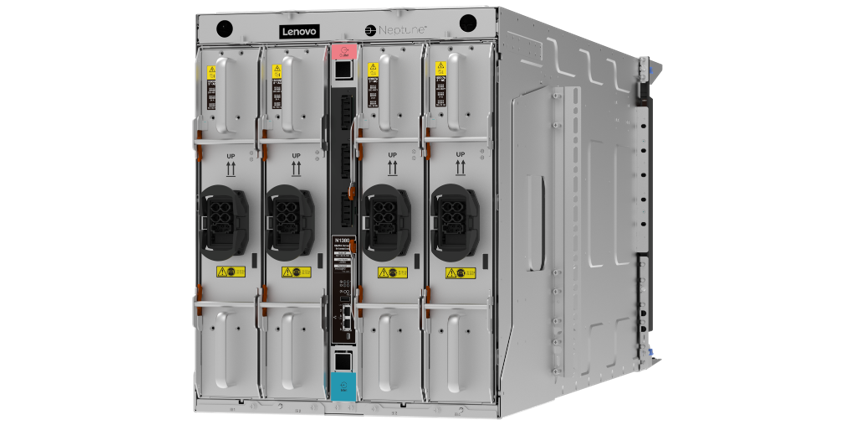 Our new friends at China Daily have posted a feature written by the “manager and chief scientific computing engineer at the department of HPC Application Technology, Shanghai Supercomputer Center.”
Our new friends at China Daily have posted a feature written by the “manager and chief scientific computing engineer at the department of HPC Application Technology, Shanghai Supercomputer Center.”
As supercomputers have become more and more important in people’s lives over the past 10 years, China has made great efforts in their development. From the 4000A supercomputer (ranked 10th in the world in 2004), Magic Cube (ranked first in Asia in 2008), to Tianhe-1A (first in the world last year), China’s domestic supercomputer has made remarkable progress. Computation capability and capacity has undergone tremendous growth. Up to last month China’s supercomputer system number ranked second in the top 500 fastest supercomputers in the world, and total computation capacity ranked 3rd. However, even though supercomputer hardware has developed greatly, software and operations lag behind those of major Western countries. Most computation software packages running on domestic supercomputers are foreign.
As a rare inside perspective of Chinese supercomputing, this feature provides a nice overview of how HPC is used in industry and how it affects our daily lives. Read the Full Story.




instead of yet another “China can put together off-the-shelf parts to get a world-class cluster, and it can run all sorts of simulations” article, can SOMEONE find out something about what makes these computers interesting? for instance, any novel cooling mechanisms? any special tweaks to MPI, scheduling, libraries? didn’t Tianhe-1a have a unique network, rather than just another IB fabric? does the “domestic processor”-based Sunway Blue Light actually use processors that are wholly domestic, or (I’m guessing) just another licensed ARM core? do these various Chinese computers typically run the same old software stacks that you see everywhere else (linux, mpich/openmpi, scheduler, etc)?
I can understand why trumpet-blowing is politically important, even if “supercomputers” are wholly off-the-shelf these days. but that noise doesn’t have to completely drown out potentially interesting technical advances.